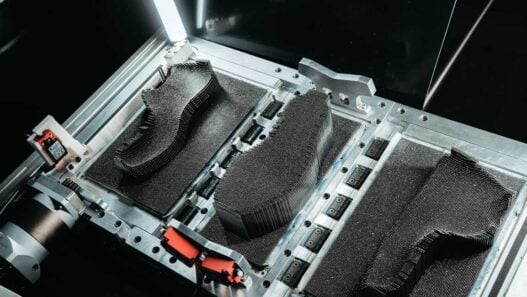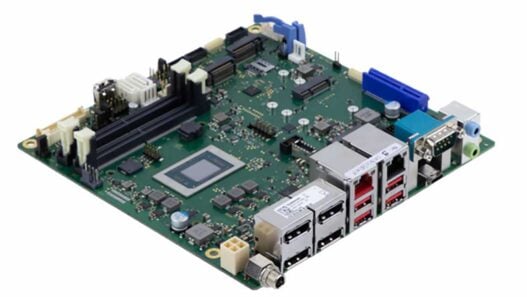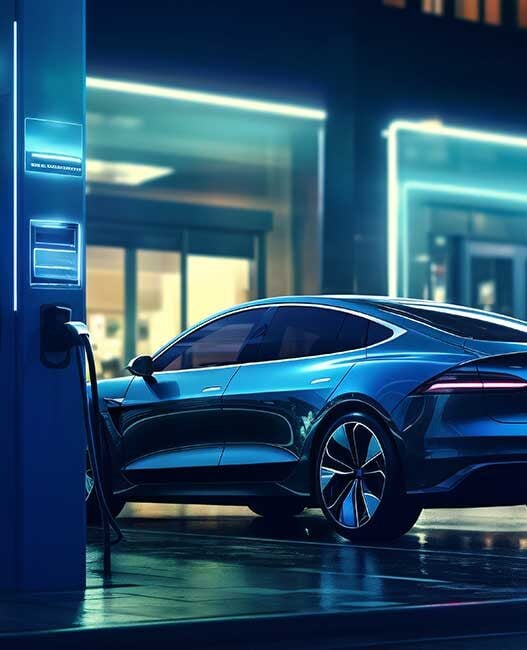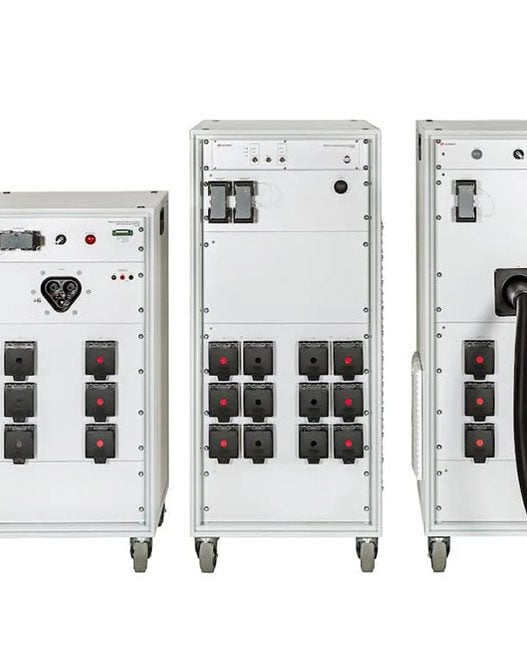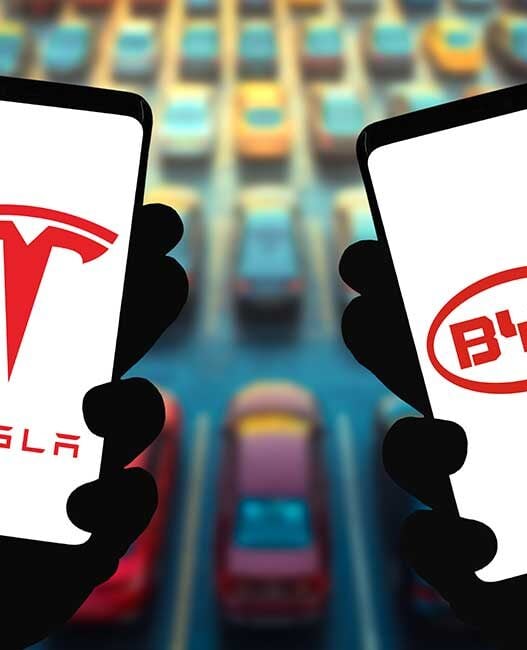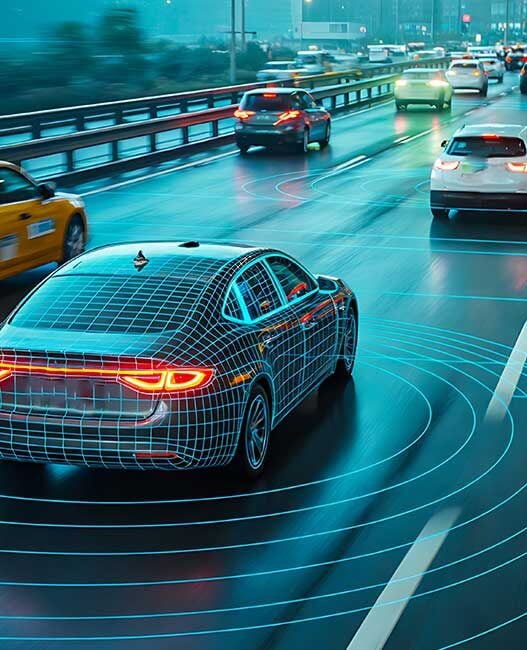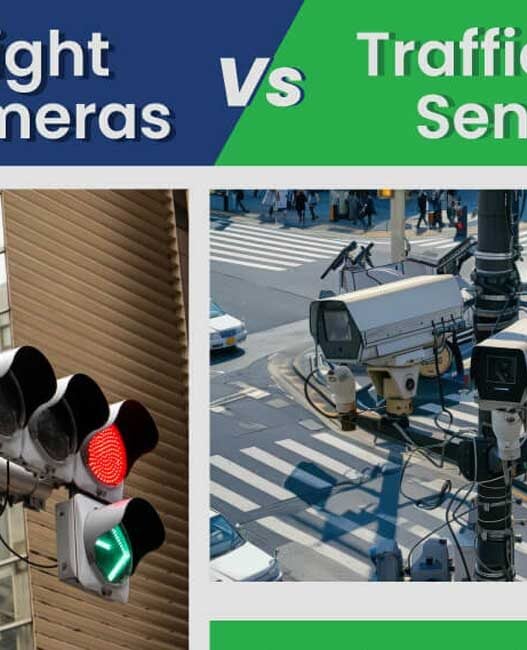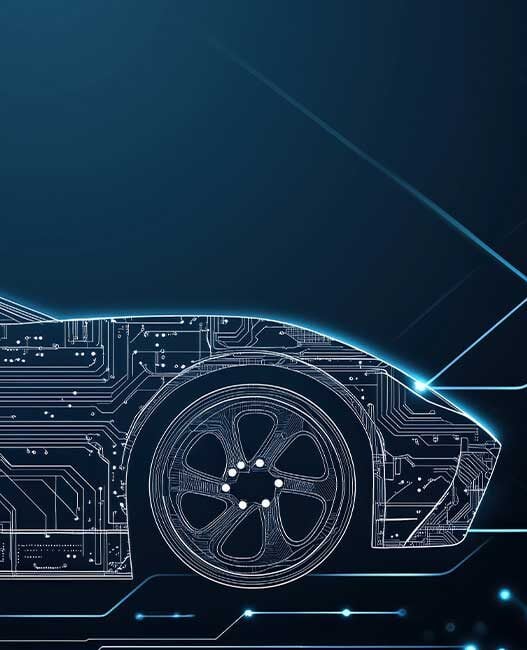Achieving zero-emission public transport is a vital element of a smart city, and there are several initiatives in place to encourage these efforts. The All Electric Bus Town scheme, published in February 2020 by the UK Government, includes a host of funding opportunities for local authorities, including an investment of up to £50 million to deliver Britain’s first all-electric bus town or city.
Unfortunately, electric buses are notoriously power hungry. In fact, most have a range lower than that of electric cars, averaging just 120 miles per charge compared to 680 miles for diesel buses. Now, that’s what we call ‘range anxiety’. With most buses travelling upwards of 150 miles a day, maintaining power is not possible without numerous charging interludes or increased battery-based storage.
Upgrading supply and storage
Bus depots have traditionally managed with low power requirements, meaning high power infrastructure has never been built. To change this, installing a small-scale substation to increase power supply for a bus depot is a possible option. However, this physical solution can be complex and costly.
Many city centres do not have spare real estate to house a new substation and those that do will price this land at a premium. That’s not to mention the logistical nightmare of planning permission, laying cables and building new infrastructure in a bustling city. Out of town alternatives, like park and ride spaces, are an alternative. But again, they have very limited infrastructure
Another option is installing a fixed battery storage system to deal with peak demands of energy beyond what the site supply is able to handle. This would allow the depot access to energy whenever it is needed, allowing fleet managers to effectively manage and charge electric bus fleets.
Data for decisions
For electric or hybrid bus fleets, the role of a fleet manager expands beyond timetable scheduling and vehicle maintenance. Overseeing an electric bus fleet requires a closer analysis of the energy balance on site — monitoring vehicle emissions, battery charge and identifying opportunities to improve operations.
zenon Energy Edition from COPA-DATA is a platform to visualize, evaluate and report on real-time energy data. As an independent software platform, zenon can be integrated with multiple assets connecting charging points, battery storage and the wider energy grid.
In an electric bus depot setting, zenon can be used to monitor the status of charging points in the depot and the energy levels of batteries. The system can also integrate traditional enterprise files, such as the bus timetable, employee rota and maintenance schedule.
This data can then be relayed to the fleet operator using a bespoke interface to allow them to make better decisions. For instance, zenon can be integrated with energy trading networks via the zenon Service Grid. Access to this data could allow operators to strategically charge batteries when energy prices are most favourable and — should contracts allow — sell energy back to the grid when prices are high.
Software for zero-emissions
Electric buses using battery storage are just one example of how to use zenon for smart cities. However, with the Government setting ambitions for all UK buses to be fully electric by 2025, fleet managers must prioritise their transition to EV fleets over other smart city initiatives.
According to the Government, a town with 200 electric buses can save around 7,400 tonnes of CO2 in a year — that is the equivalent of taking 3,700 diesel cars off the road. ‘Range anxiety’ may still be EVs biggest turn off, but with technology to better manage the charge and energy demand of electric buses, All Electric-Bus Towns suddenly sound much more feasible.



